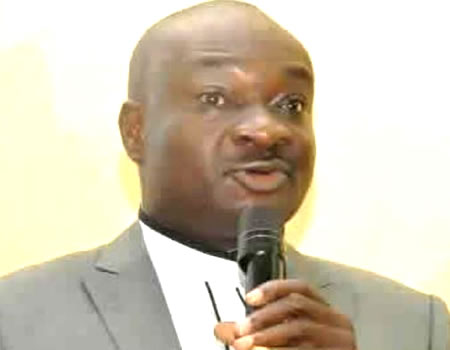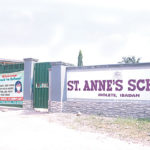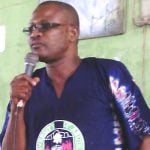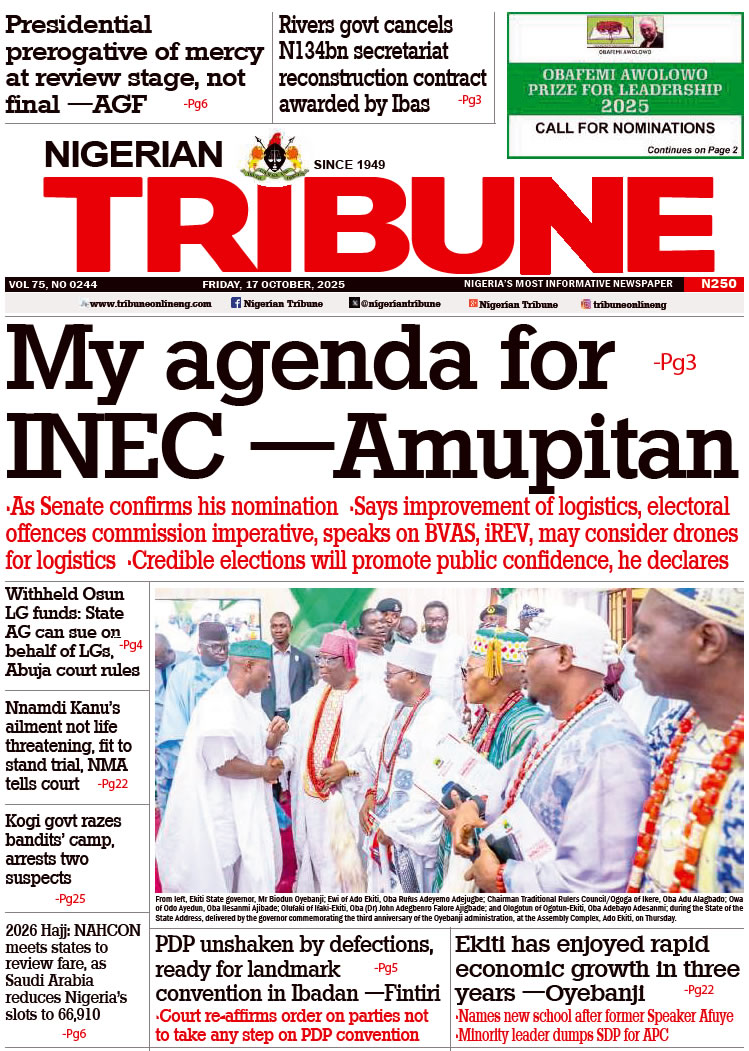The Vice Chancellor of the Federal University of Agriculture, Abeokuta (FUNAAB) Professor Kolawole Salako has called for an upgrade of the soil data base in Nigeria to improve agricultural production.
Professor Salako made this call at the institution in commemoration of this year’s World Soil Day with the theme: “Halt Soil Salinisation, Boost Soil Productivity.”
Professor Salako, a Fellow of Soil Science Society of Nigeria (FSSSN) stated that adequate attention should be on how to manage the soil in Nigeria, revealing that “technology is now available to ensure that the problems associated with soil are overcome.”
According to him, “The issue of soil salinisation is a major problem in the substantial part of the world; it is a condition where you have salt affected soil and you cannot really have the full productivity of the soil.”
The Vice Chancellor therefore stressed the need for the nation to position soil in such a way that would be beneficial to mankind, adding that they should ensure that the right management are applied to conserve and preserve the soil.
He noted that Nigeria needed more land for agriculture because there had been a lot of competition over lands, especially from the construction industry.
The university don charged Nigerians to always see soil as a life support and do everything within their means to conserve it in order to prevent soil degradation.
YOU SHOULD NOT MISS THESE HEADLINES FROM NIGERIAN TRIBUNE
We Have Not Had Water Supply In Months ― Abeokuta Residents
In spite of the huge investment in the water sector by the government and international organisations, water scarcity has grown to become a perennial nightmare for residents of Abeokuta, the Ogun State capital. This report x-rays the lives and experiences of residents in getting clean, potable and affordable water amidst the surge of COVID-19 cases in the state.
Selfies, video calls and Chinese documentaries: The things you’ll meet onboard Lagos-Ibadan train
The Lagos-Ibadan railway was inaugurated recently for a full paid operation by the Nigerian Railway Corporation after about a year of free test-run. Our reporter joined the train to and fro Lagos from Ibadan and tells his experience in this report…
WATCH TOP VIDEOS FROM NIGERIAN TRIBUNE TV
- Relationship Hangout: Public vs Private Proposals – Which Truly Wins in Love?
- “No” Is a Complete Sentence: Why You Should Stop Feeling Guilty
- Relationship Hangout: Friendship Talk 2025 – How to Be a Good Friend & Big Questions on Friendship
- Police Overpower Armed Robbers in Ibadan After Fierce Struggle






